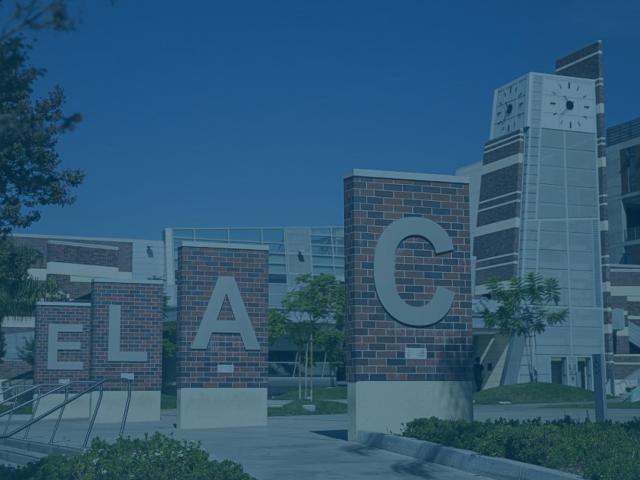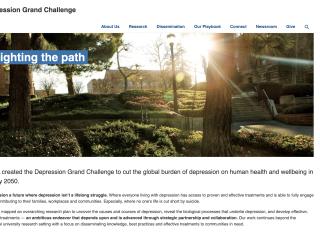STAND for Community Colleges Innovation Center was established in 2022 with funding from the National Institute of Mental Health. It is one of 14 Advanced Laboratories for Accelerating the Reach and Impact of Treatments for Youth and Adults with Mental Illness (ALACRITY) Research Centers. The ALACRITY Research Center program aims to support innovative research ideas and collaborations across disciplines that could transform the care of children, adolescents, and adults with serious mental illnesses.
The Center's Core Functions
Led by Michelle Craske and Kate Wolitzky-Taylor, efforts at the Center build on the Depression Grand Challenge’s commitment to develop new and better treatments and make them more accessible. This center focuses on community college (CC) students because CC students suffer high rates of depression and anxiety in the face of daunting life challenges (e.g. housing and food insecurity) without adequate mental health resources. The research undertaken within the Center aims to optimize the effectiveness and implementation the STAND model in a low-income, diverse community college student population, and explore pathways for sustainability and spread to other community colleges. In addition to the research projects, center activities include: stakeholder engagement, training, mentorship and continually working to better understand the needs of California community colleges and their communities.
Currently, the Center is working on four research projects leveraging the STAND implementation at East Los Angeles College (STAND at ELAC):
- Finding and adapting the level of care
- Promoting recruitment and initial uptake of STAND
- Optimizing peer coaching
- Preventing suicide and self harm
The Center operates with an administrative core led by Craske and Taylor, which oversees the operations of the Center, pilot study program, training of junior investigators, and sustainability planning. There also is a methods core, led by Denise Chavira and Robert Gibbons, which supports the core and pilot research projects, implementation efforts, and innovative and synergistic collaborations that focus on increasing engagement of stakeholders.
The Center's Importance
There is new public appreciation for the public health burden of depression and anxiety and its connection to risky substance use, unemployment, and suicide. Our existing systems are struggling to meet the increasing needs for support for young adults. The need is especially high at community colleges, where more than one in three are affected by depression alone. These students face psychosocial risk factors and life challenges that contribute to and complicate depression and anxiety, such as chronic food insecurity and homelessness. Their need is compounded by limited to no mental health resources. College administrators recognize this mental health gap as the number one priority. Current treatment models are simply inadequate for the crisis. In response to this crisis and with the interest of creating a new scalable model, UCLA developed the STAND system of care. The NIMH has provided UCLA funding to enhance STAND and to develop a plan to make it available more broadly.
The Center looks to reimagine how to assess and meet the mental health and social needs of community college students.
May 1, 2022 – March 31, 2027
More than 1,000 participants over five years

Center Directors & Admin Core Leaders: Michelle Craske & Kate Wolitzky-Taylor
Signature Project PIs: Craske & Taylor
Project 1: PI: Denise Chavira
Project 2: PI: Kate Taylor
Project 3 Leaders: Joan Asarnow & Jocelyn Meza
Methods Core: Robert Gibbons (University of Chicago) & Denise Chavira
Robert Gibbons (University of Chicago)
Rebecca Collins (The RAND Corporation)
David Mohr (Northwestern)
East Los Angeles College
DMH Telehub
National Institute of Mental Health




